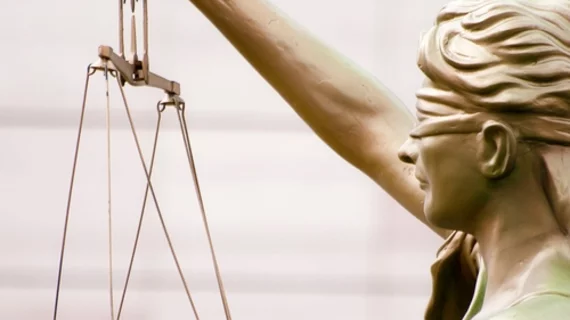Chuck Norris voluntarily abandons poisoning lawsuit against gadolinium manufacturer Bracco
Actor Chuck Norris and his wife, Gena, have decided to vacate their lawsuit against gadolinium maker Bracco Imaging without any settlement, the company announced Jan. 16.
The action star—famous for his portrayal of “Walker Texas Ranger”—first filed suit against the Italy-based company and several other manufacturers in 2017. His attorneys claimed that the controversial contrast agent poisoned Gena Norris during MRI scans, and had sought $10 million to allay those concerns.
However, Bracco said the dispute is over at Norris’ request, with no settlement and each side aggreeing to cover its own legal expenses.
“Bracco takes patient safety very seriously and stands behind the safety of all of its products,” the company said in a statement, pointing specifically to two of its gadolinium-based contrast agents. ProHance and MultiHance are used in MRI of the central nervous system to better view lesions in the brain, spin and other tissues. Radiologists can also use the latter in MR angiography to evaluate adults with certain types of vascular disease.
In 2017, Gena Norris claimed she was left feeling weak and tired with "debilitating bouts of pain and a burning sensation” after clinicians injected her with gadolinium prior to administering MRI scans.
Gadolinium has been a source of controversy in recent years, with patient advocacy groups claiming it can cause harm when administered. In a spirited session at the RSNA Annual Meeting in December, one expert urged radiologists to use a data-driven decision-making process when determining whether to use such agents.

